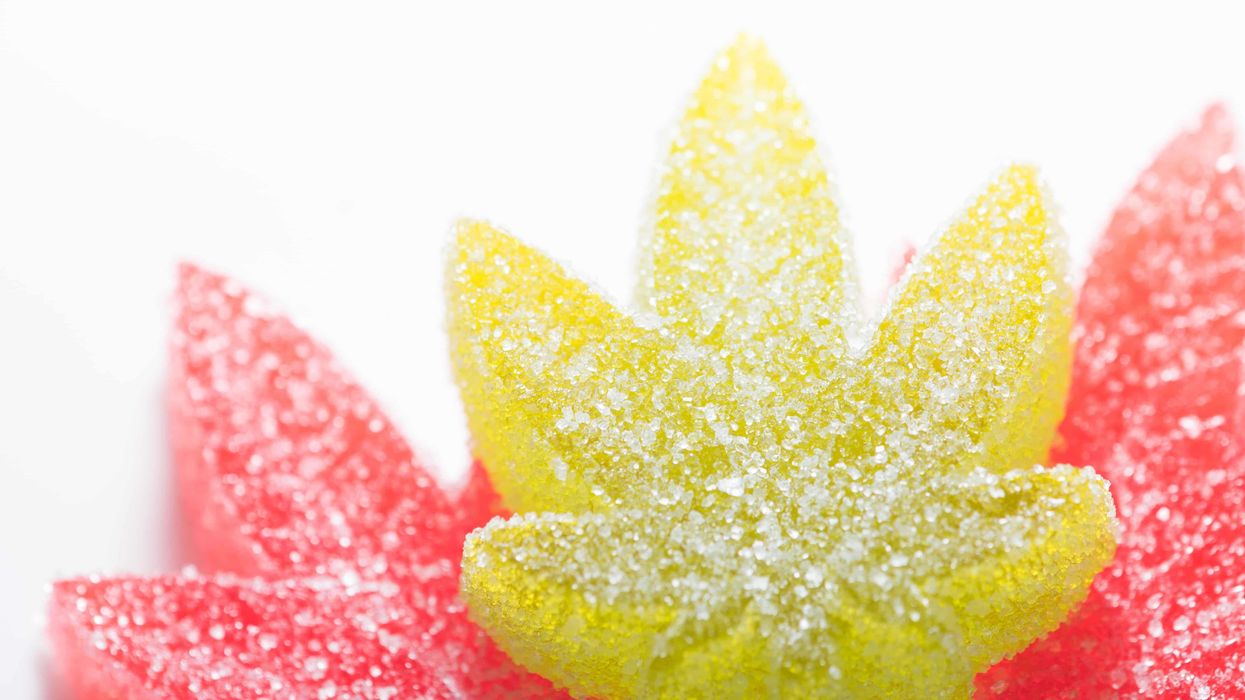Raphael Mechoulam, an Israeli chemist who was considered to be the pioneer in the field of cannabis research, passed away on March 6, 2023, at the age of 92.
Born in Bulgaria in 1930, Mechoulam moved to Israel with his family in 1949. He earned a Ph.D. in organic chemistry from the Hebrew University of Jerusalem in 1958 and later became a professor of medicinal chemistry at the same university.
Throughout his career, Mechoulam was known for his groundbreaking work on the chemical compounds of cannabis, which led to the discovery of the plant's psychoactive ingredient, THC, in 1964. He was also the first to isolate cannabidiol (CBD) in 1963, and his research on these compounds' medical benefits has played a significant role in the ongoing legalization and acceptance of medical marijuana.
Raphael Mechoulam's research on cannabis didn't stop with the discovery of THC and CBD. In fact, it was just the beginning. In the 1980s, he turned his attention to understanding how these compounds interact with the human body.
Through his work, Mechoulam discovered the endocannabinoid system (ECS), a complex network of receptors and signaling molecules in the human body that regulate a wide range of physiological processes, including pain sensation, appetite, mood, and inflammation.
The discovery of the ECS was a groundbreaking achievement that opened up new avenues of research and potential therapeutic applications. Mechoulam's research has shown that the human body produces its own cannabinoids, called endocannabinoids, which interact with the ECS in much the same way that THC and CBD do.
Mechoulam's work on the ECS has led to a better understanding of the mechanisms underlying the medical benefits of cannabis, as well as the potential risks and side effects of using the plant for medical purposes.
In recent years, Mechoulam continued to make significant contributions to the field of cannabis research. He was involved in the development of new cannabis-based drugs, such as cannabidiolic acid methyl ester (HU-580), which showed promise in treating inflammatory bowel disease.
His research has also highlighted the potential of cannabis for treating conditions such as post-traumatic stress disorder (PTSD), Alzheimer's disease, and chronic pain.
Raphael Mechoulam's pioneering work on cannabis and the endocannabinoid system has had a profound impact on the field of medical research and has paved the way for new treatments and therapies. His legacy will continue to inspire scientists and researchers for years to come.
Mechoulam’s work on cannabis continued for over five decades, investigating the plant's effects on conditions such as epilepsy, pain, and multiple sclerosis. In 2013, he received the prestigious Rothschild Prize for his contributions to medical research.
Mechoulam's most recent work focused on the potential of cannabis to treat cancer. He collaborated with other researchers on studies that demonstrated cannabis's ability to kill cancer cells in the laboratory, and he advocated for further research on the subject.
In addition to his cannabis research, Mechoulam made significant contributions to the field of chemistry more broadly. He authored over 400 scientific papers and was the recipient of numerous awards and honors.
Mechoulam's legacy is evident in the growing acceptance of medical marijuana around the world, as well as in the expanding body of research on the plant's potential medical benefits.
He will be remembered as a pioneering scientist whose dedication to understanding the complexities of cannabis helped to unlock its secrets and pave the way for new treatments and therapies.
May his memory be a blessing.
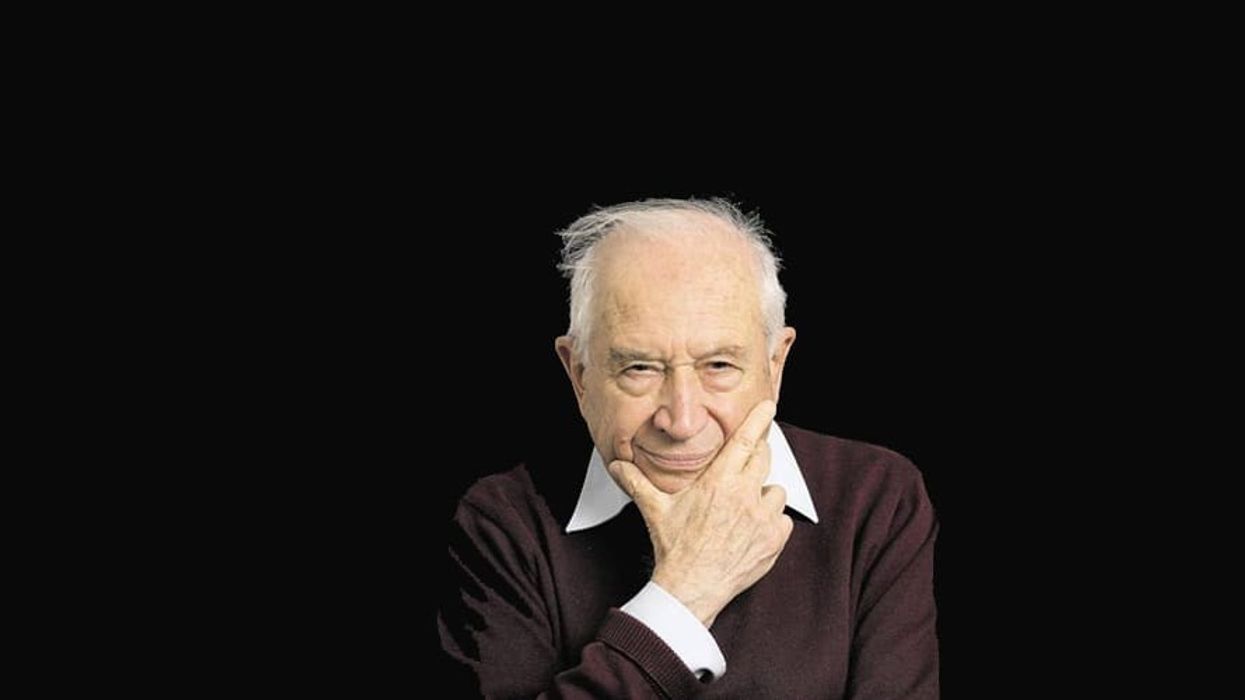






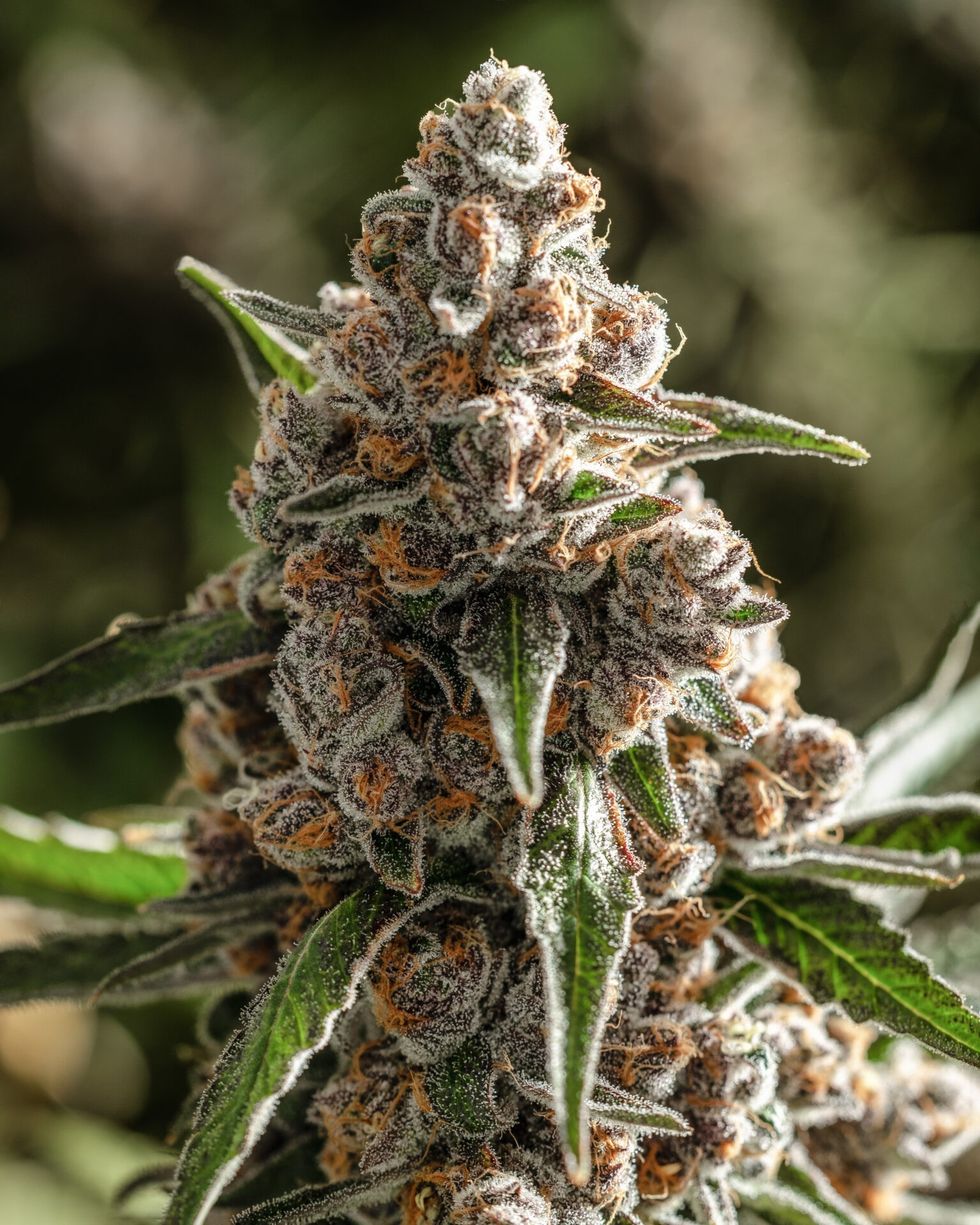 Super Boof Strain: 2024 Strain of the Year - The Bluntness
Super Boof Strain: 2024 Strain of the Year - The Bluntness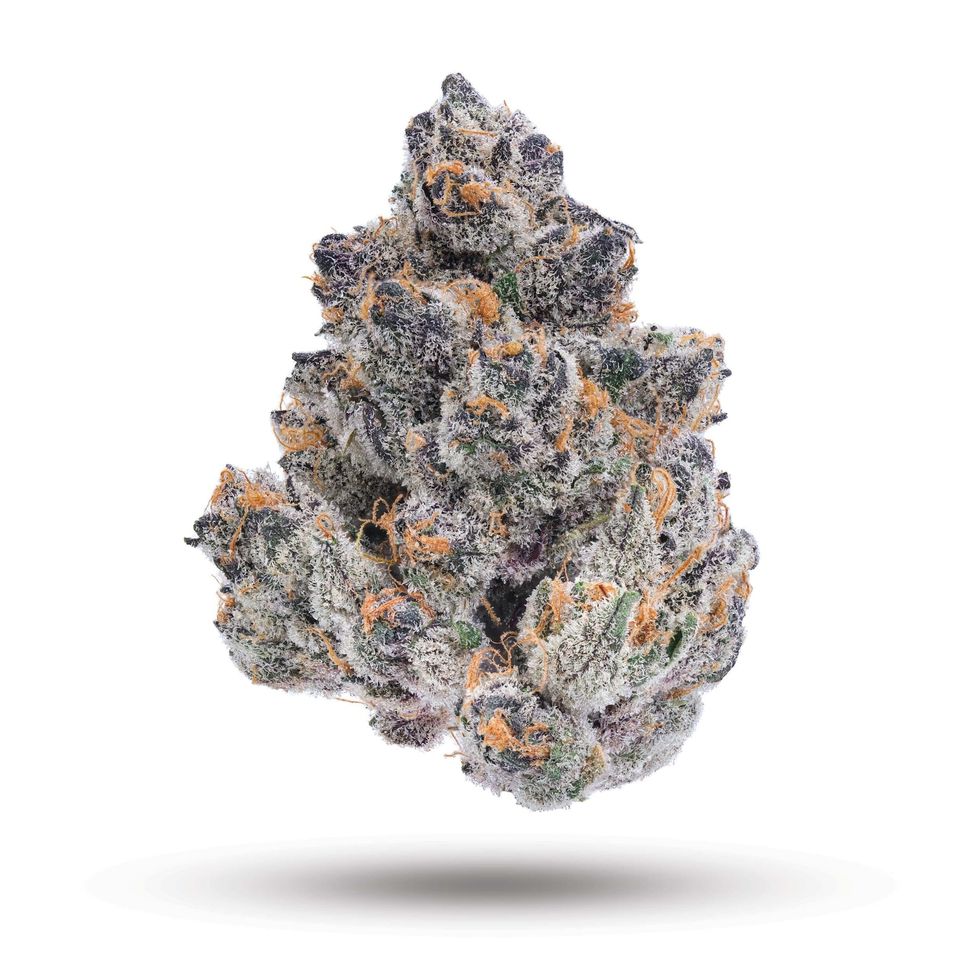 Super Boof Strain: 2024 Strain of the Year - The Bluntness
Super Boof Strain: 2024 Strain of the Year - The Bluntness

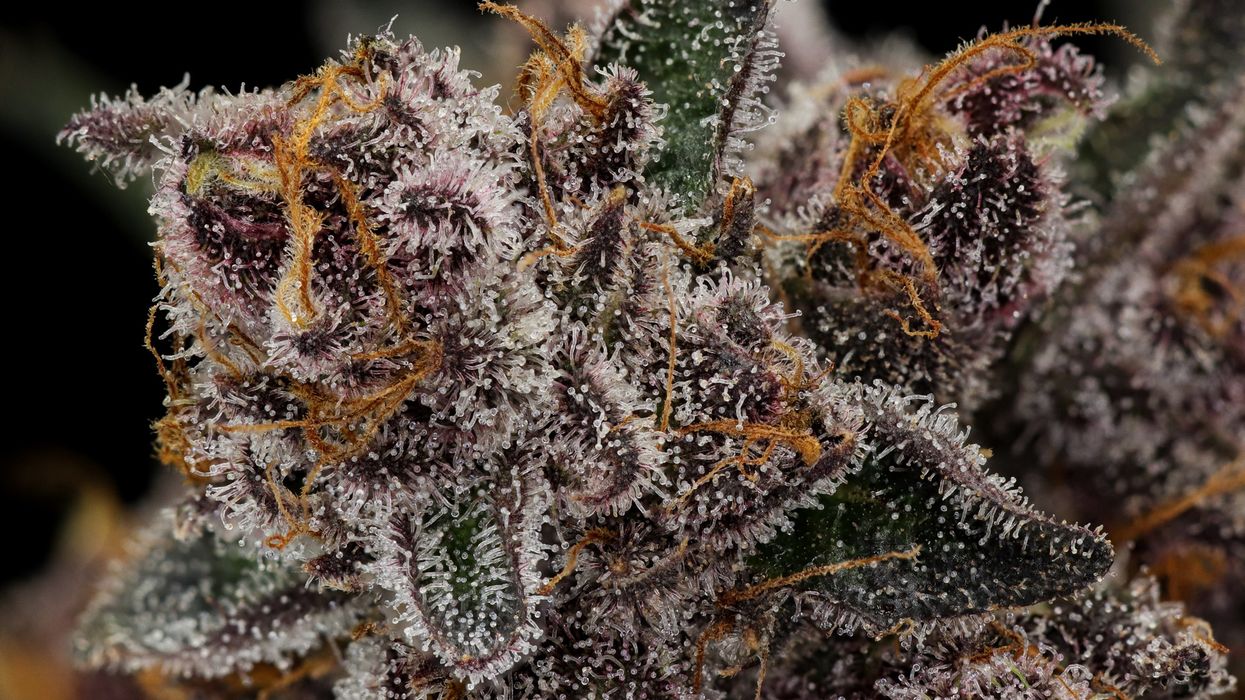




 The Truth About THC Candle: Cannabis Candles & How to Make Your Own - The Bluntness
Photo by
The Truth About THC Candle: Cannabis Candles & How to Make Your Own - The Bluntness
Photo by 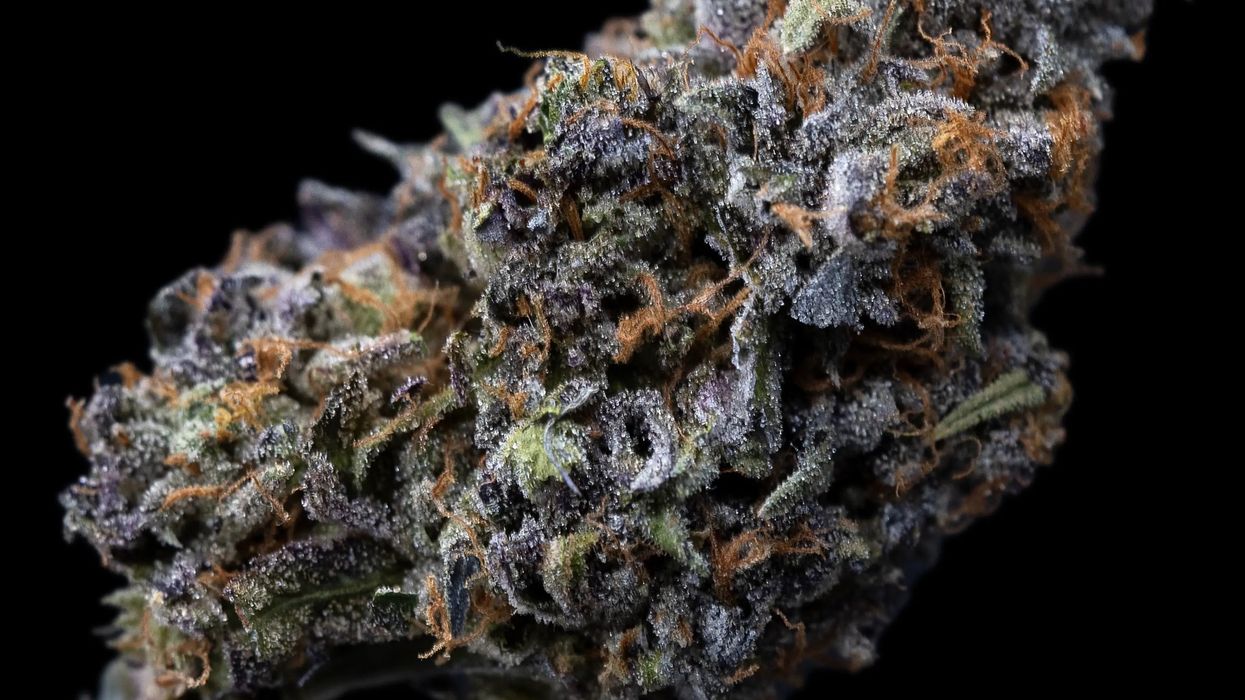
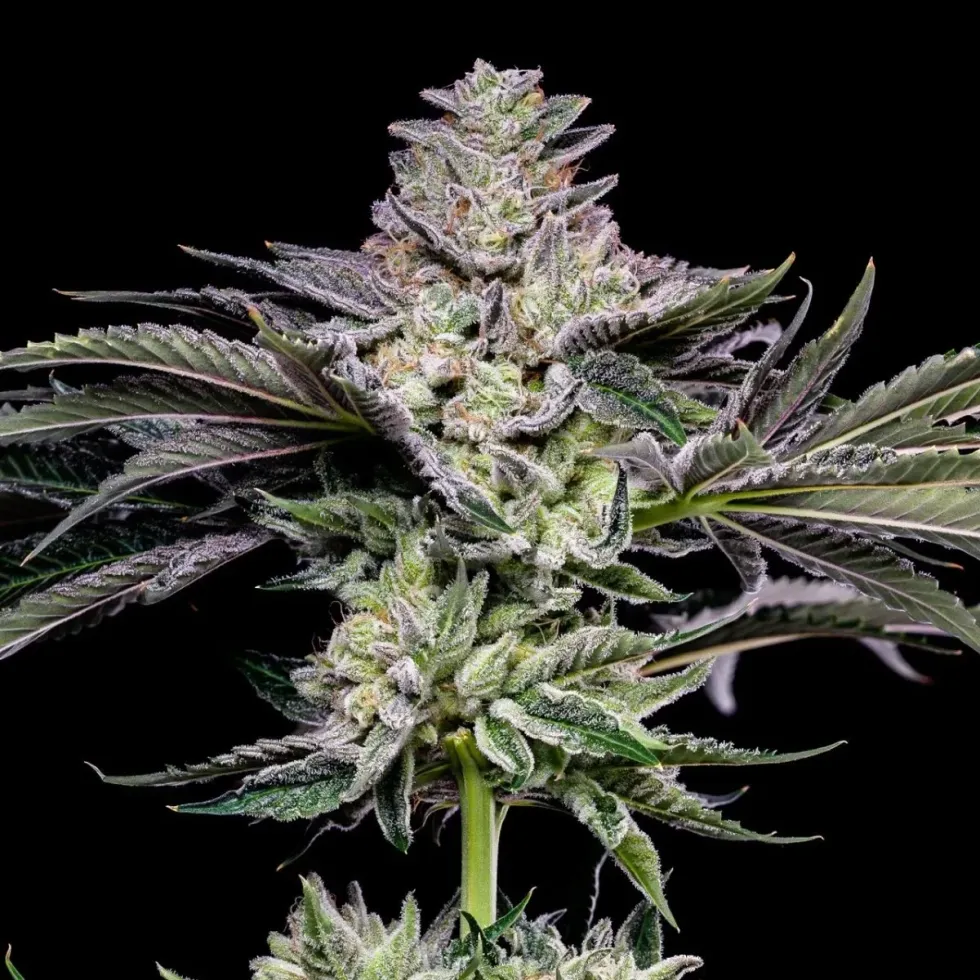 Gush Mints - The BluntnessPremium Cultivars
Gush Mints - The BluntnessPremium Cultivars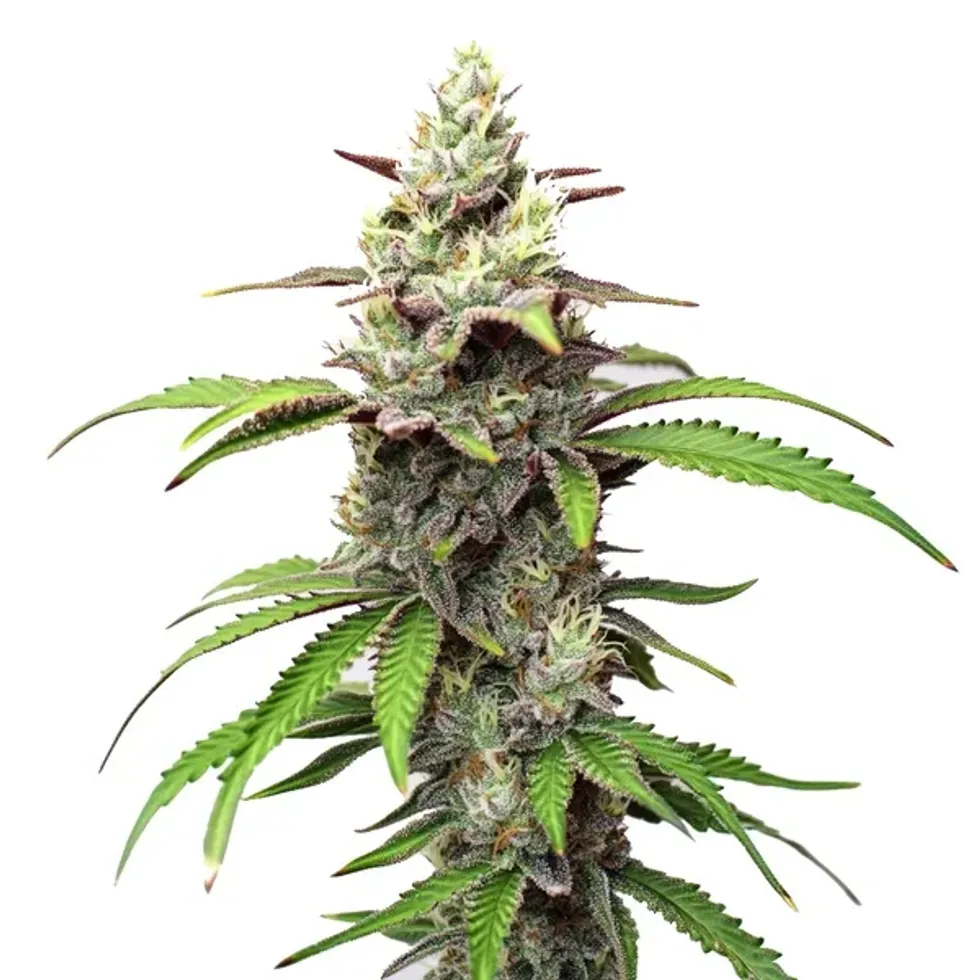 Gush Mints Strain Review - The BluntnessBlimburn Seeds
Gush Mints Strain Review - The BluntnessBlimburn Seeds
 How to Store Magic Mushrooms
How to Store Magic Mushrooms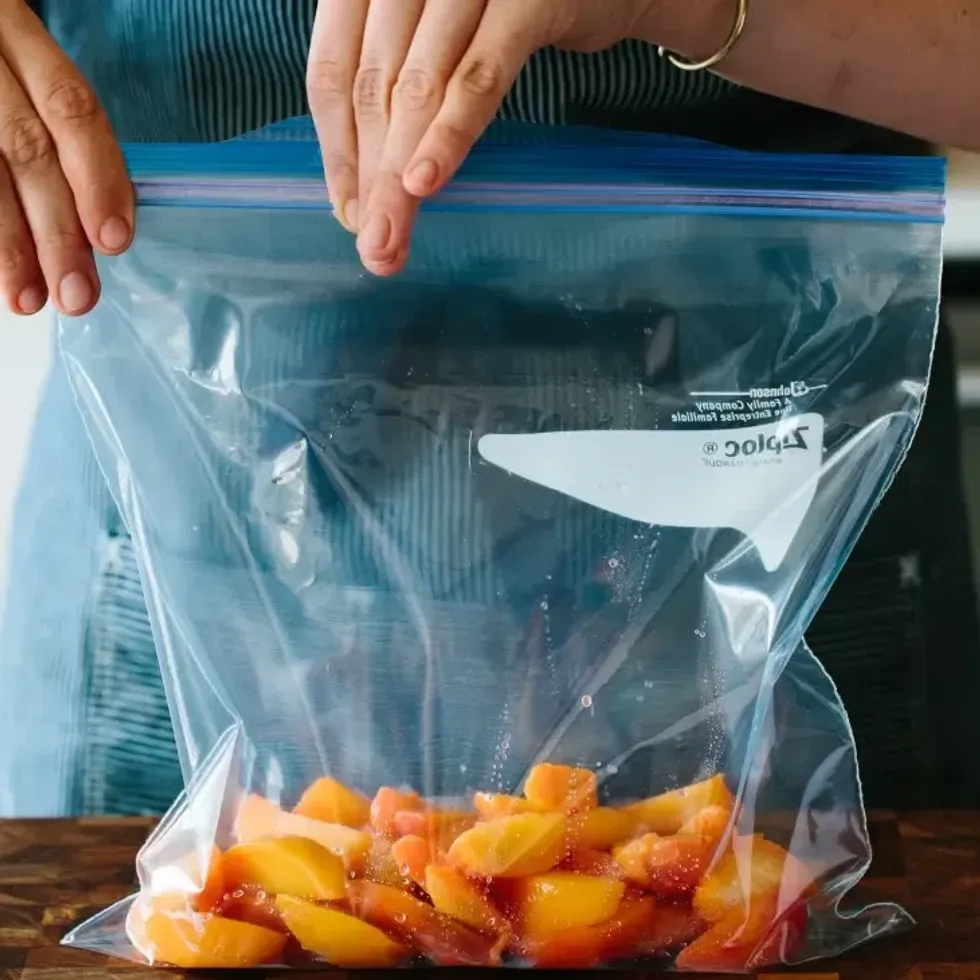 How to Store Magic Mushrooms
How to Store Magic Mushrooms How to Store Magic Mushrooms
How to Store Magic Mushrooms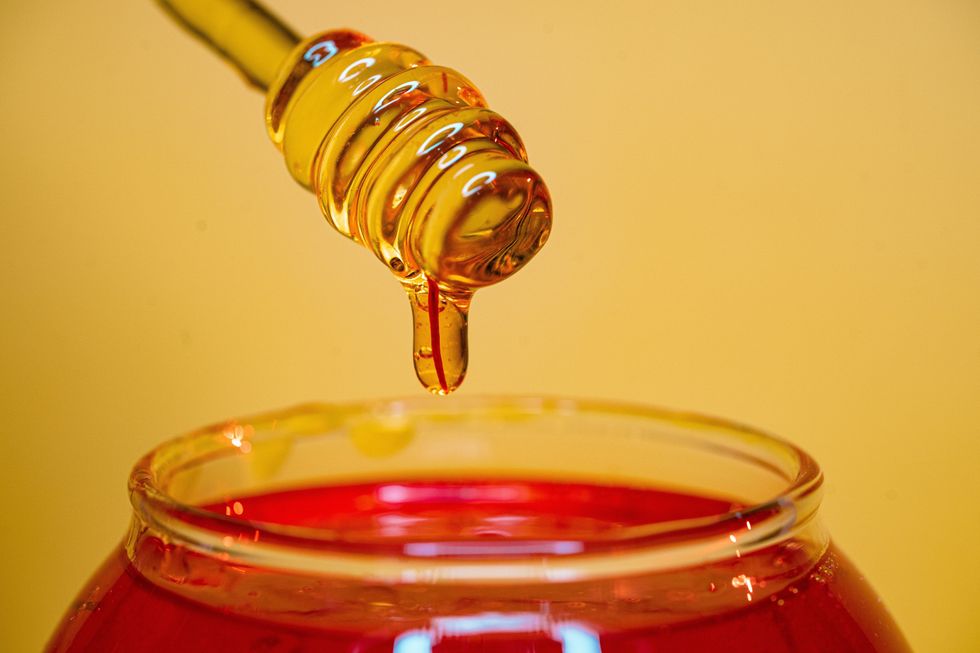 How to Store Magic Mushrooms
How to Store Magic Mushrooms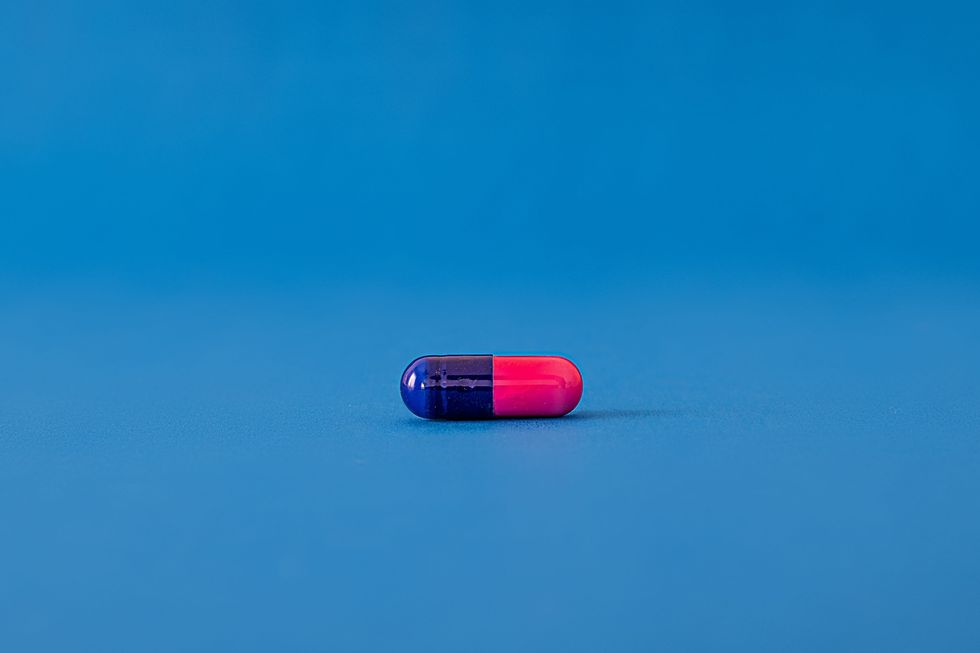 How to Store Magic Mushrooms
How to Store Magic Mushrooms